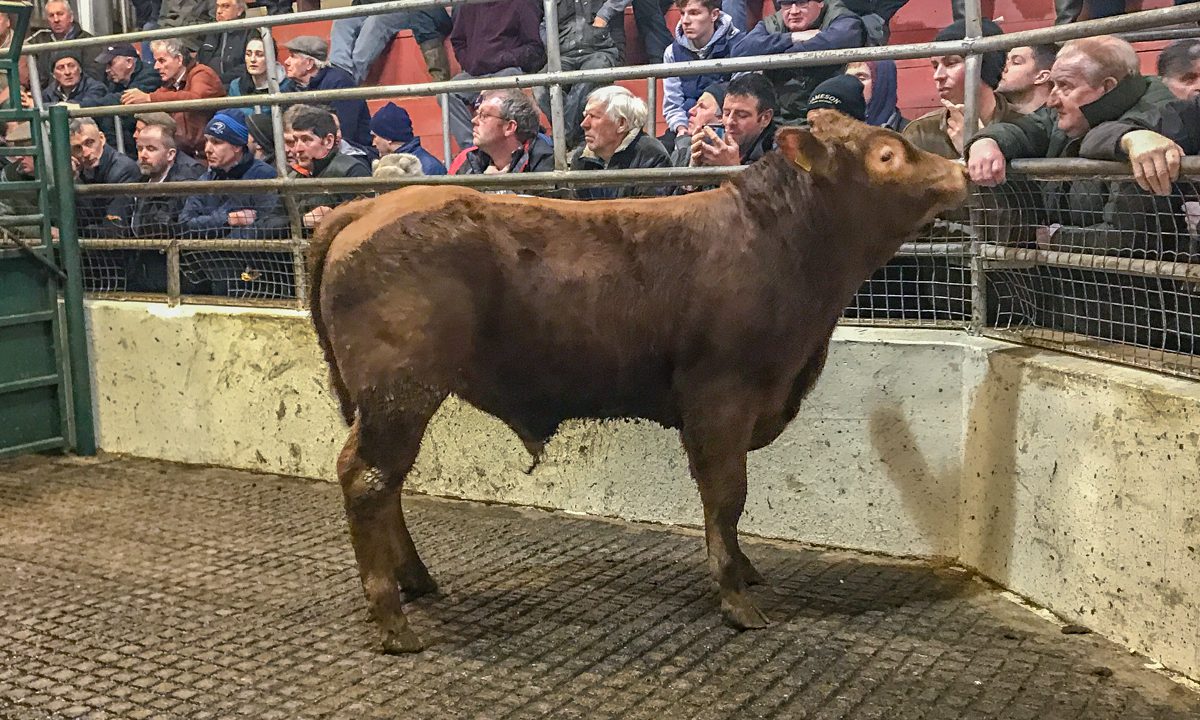Bull finishing has always been risky, but they have the potential to leave higher margins. However, in recent months, finishers have been faced with many challenges when it comes to slaughtering these animals.
First of all, some farmers have encountered problems when it comes to booking bulls in for slaughter. In addition, weight restrictions have also been implemented in some cases.
And secondly – price; this week, under-16 month bull prices have fallen to 350-355c/kg, with under-24 month bulls making 350-360c/kg for R-grades and 360-370c/kg for U-grading types.
This has severely damaged bull finishers’ confidence and is surely going to have an impact going forward into the back end of the year.
Irish Creamery Milk Suppliers’ Association (ICMSA) Livestock Committee chairman Des Morrison told AgriLand that any farmer that is planning on buying and feeding young bulls in the back end and over the winter should contact their processor first and get a contract in place.
Furthermore, one mart manager told AgriLand that while there should be a reasonable supply of quality bull weanlings this year, the trade will most likely be among farmers, as the export trade hasn’t taken off yet.
It was also noted that due to problems with getting bulls slaughtered and poor prices this year, coupled with the lack of factory appetite for these animals, farmers could be purchasing bulls to castrate and finish as steers.
“You could definitely see a lot more farmers heading down the steer route.
“Some of the bull finishers will have no other option but to buy and castrate and give themselves more of a lead-in time rather than the 16-month and 24-month best before date.
The factories, I don’t think will have to warn farmers too much to stay away from bulls after recent months; they are very volatile.
“So, there is normally a little more stability in the steer trade and there is more of a lead-in time. A lot of these farmers that are bull finishers were probably previous bullock finishers, so it’s not new ground for them.
“We are probably looking at a domestic trade because there doesn’t seem to be much prospect of the export trade opening up to any great degree that we had with Turkey and Libya in the past.
“There is an abundance of fodder around this year, but last year a certain amount of beef farmers would have sold fodder and not bought cattle until the spring. But, that will not be the case this year,” the mart manager concluded.

